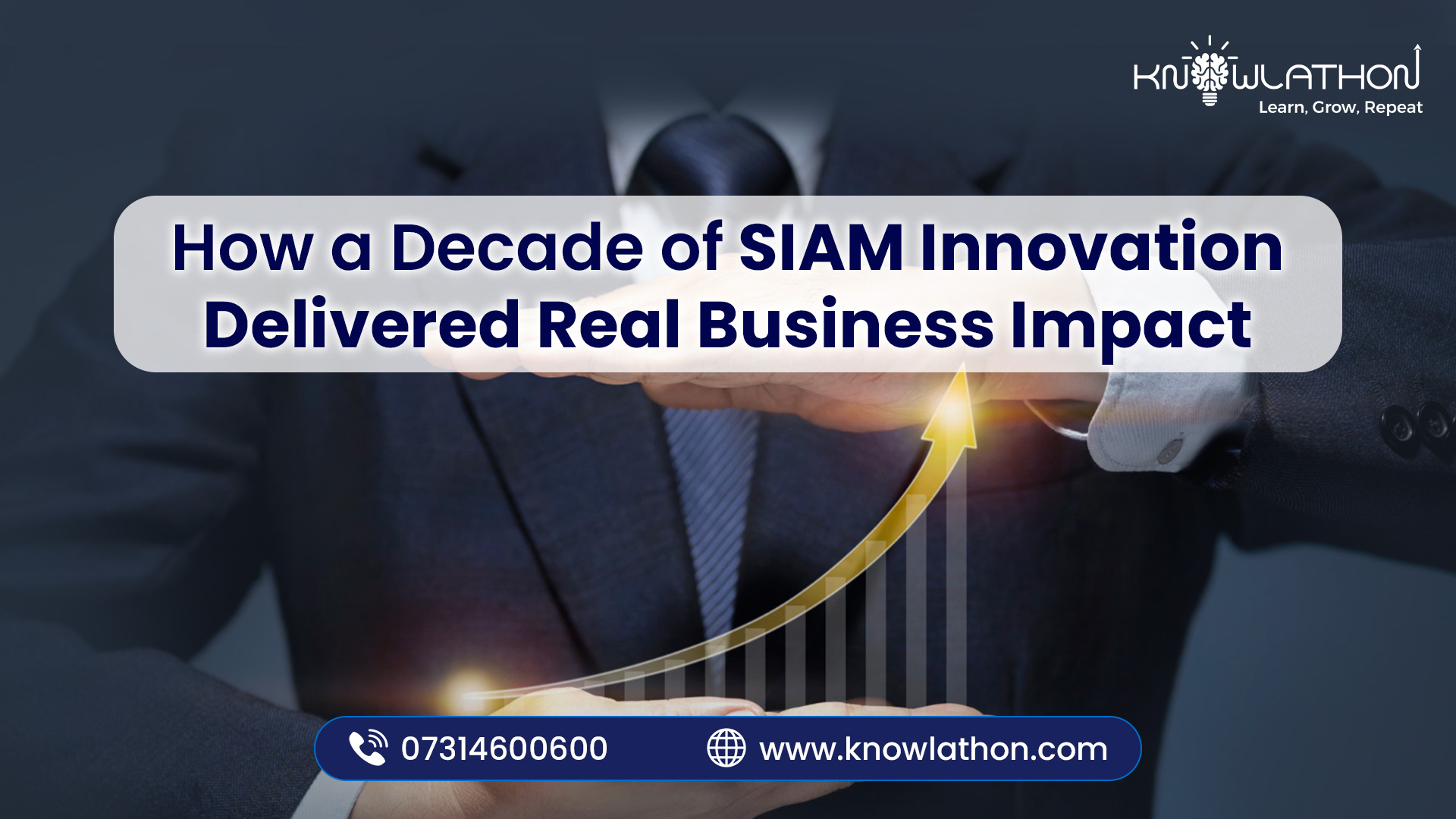Future of Agile: Why PMI-ACP Professionals Are in High Demand

Future of Agile: Why PMI-ACP Professionals Are in High Demand
As organizations continue to embrace rapid innovation and adaptability, Agile methodologies are becoming the gold standard for project management. Agile methodologies have become the backbone of modern project management. Agile emphasizes flexibility, collaboration, and iterative progress, contrasting with traditional waterfall approaches that can be rigid and slow.
At the forefront of Agile expertise is the PMI-ACP (Project Management Institute - Agile Certified Practitioner) certification, which validates professionals' knowledge across various Agile frameworks like Scrum, Kanban, Lean, and XP. As we look toward 2026, the demand for PMI-ACP holders is surging, driven by digital transformation, AI integration, and the need for resilient project teams. This blog explores why PMI-ACP professionals are increasingly sought after, delving into certification value, career opportunities, salary trends, comparisons with other credentials, and the broader market growth.
The Evolution of Agile and Its Future Trajectory
Agile has evolved from its roots in software development to permeate industries like healthcare, finance, and manufacturing. By 2025, experts predict a return to Agile fundamentals, with a focus on cross-functional teams and hybrid methodologies blending Agile with predictive approaches. The Pulse of the Profession 2024 report from PMI highlights that project teams perform equally well using predictive, hybrid, or Agile methods, underscoring Agile's adaptability in remote, hybrid, and onsite environments. Looking ahead, trends include AI-driven tools for automation, scaled Agile frameworks like SAFe, and an emphasis on sustainability and emotional intelligence in project management.
Despite occasional skepticism—some claim Agile is "dead"—95% of professionals affirm its relevance amid AI hype. In 2025, Agile will integrate more with DevOps, machine learning, and design thinking, making it indispensable for organizations navigating uncertainty. This evolution positions Agile not as a fad but as a core competency, with PMI-ACP serving as a robust, agnostic credential that covers multiple methodologies.
The Value of PMI-ACP Certification in 2025
The PMI-ACP certification is worth pursuing in 2025, as it demonstrates deep knowledge of Agile principles and practices, enabling professionals to lead in dynamic environments. Unlike narrower certifications, PMI-ACP is experience-based and ISO-accredited, requiring a secondary degree, 24 months of Agile experience in the last five years, and 28 hours of Agile training. The 120-question exam, lasting 180 minutes, tests mindset, leadership, product, and delivery domains.
Its value lies in market recognition: certified individuals report better project outcomes and up to 28% higher earnings than non-certified peers. In 2025, with updates to the exam emphasizing real-world application, PMI-ACP holders are seen as versatile leaders capable of handling hybrid projects. Professionals like those sharing on X highlight how PMI-ACP opens doors to promotions and consulting gigs.
Surging Demand for Agile Professionals in 2025
Demand for Agile experts is skyrocketing, with adoption rates reaching 48% in engineering and R&D teams—a 16% increase recently. By 2025, non-IT sectors like marketing (20%) and operations (28%) are embracing Agile for faster delivery. The LinkedIn Workplace Learning Report 2025 emphasizes upskilling in Agile to drive adaptability and retention. In Canada alone, Scrum Master roles are booming, reflecting global trends.
This demand stems from Agile's ability to reduce project failure rates and enhance innovation. With 90 million project management roles needed by 2027, Agile skills are critical. PMI-ACP professionals are particularly valued for their broad expertise, making them ideal for roles in volatile markets.
Career Opportunities for PMI-ACP Holders
PMI-ACP opens diverse doors, from Scrum Masters and Agile Coaches to Product Owners and Project Managers. Job boards like Indeed list over 450 PMI-ACP-related positions, spanning IT, construction, and more. LinkedIn shows 517 openings, including AI/ML Scrum roles. Career paths include Technical Business Analyst, Agile Trainer, and Digital Channel Planner.
86% of certified professionals qualify for new opportunities, with 84% gaining recognition for advancement. Success stories on X, like recent passers mentored by experts, illustrate real-world impact. In 2025, hybrid roles combining Agile with AI will proliferate, favoring PMI-ACP holders.
PMI-ACP Salary Trends
Salary data underscores PMI-ACP's worth: certified professionals earn 28% more, with averages around $123,000 globally. In the US, roles like Agile Coach fetch $151,750, while Senior Project Managers earn $99,000-$147,000. Trends show a 33% premium for certified vs. non-certified, per PMI surveys.
By country, US medians hit $120,000, Australia $103,789, and Germany $99,512. With experience, salaries climb: 5-10 years at $110,000, 15-20 at $140,000. In 2025, Agile-centric industries will see further hikes due to skill shortages.
PMI-ACP vs. Other Agile Certifications
Compared to CSM (Certified Scrum Master), PMI-ACP is broader, covering multiple methodologies vs. CSM's Scrum focus. SAFe emphasizes scaling, ideal for enterprises, but PMI-ACP suits generalists. Vs. PMP, PMI-ACP targets Agile-specific roles, with salaries slightly lower but growing faster in tech.
Disciplined Agile (DASM/DASSM) is entry-level, while PMI-ACP requires experience. PMI-ACP's rigor—real-world application and exam depth—makes it stand out for career longevity.
Agile Certification Market Growth
The Agile market is booming: the enterprise Agile transformation services sector is projected to reach $142 billion by 2032, growing at 18.1% CAGR. Agile development software hits $26.96 billion in 2024, expanding at 18.2%. Certifications drive this, with demand for skills like SAFe and PMI-ACP rising amid digital shifts.
Higher salaries and career growth fuel adoption: certified pros earn more and adapt better. In 2025, top-paying certs include PMI-ACP for its versatility.
Future Career Scope for PMI-ACP Professionals
The scope is expansive: PMI-ACP equips for roles in AI-integrated projects, sustainable initiatives, and global teams. It future-proofs careers, with holders reporting new opportunities like promotions. As Agile merges with emerging tech, PMI-ACP pros will lead transformations.
In summary, the future of Agile is bright, and PMI-ACP professionals are at its heart. With high demand, lucrative salaries, and broad applicability, this certification is a strategic investment for 2025 and beyond. Whether you're upskilling or pivoting, PMI-ACP positions you as an indispensable leader in a fast-changing world.
Conclusion
In 2025, the PMI-ACP certification value is more relevant than ever, signaling a professional's deep understanding of Agile principles and practices. This certification, offered by the Project Management Institute (PMI), stands out as a globally recognized credential that validates expertise across multiple Agile frameworks.
The future scope of PMI-ACP looks promising, with industries beyond IT—like healthcare, finance, and manufacturing—seeking certified Agile professionals to drive transformation. As Agile adoption matures, there's a rising need for practitioners who can scale Agile at the enterprise level and lead cross-functional teams.
According to agile project management certification trends, organizations are prioritizing talent with hybrid skill sets—professionals who can blend Agile with traditional project management when needed. The PMI-ACP perfectly fits this demand, covering tools and techniques from Scrum, Kanban, Lean, XP, and more.
In short, Agile professionals in 2025 who hold a PMI-ACP certification are positioned as strategic assets. Their ability to adapt, lead Agile transformations, and deliver value faster ensures they remain in high demand across industries navigating constant change.






